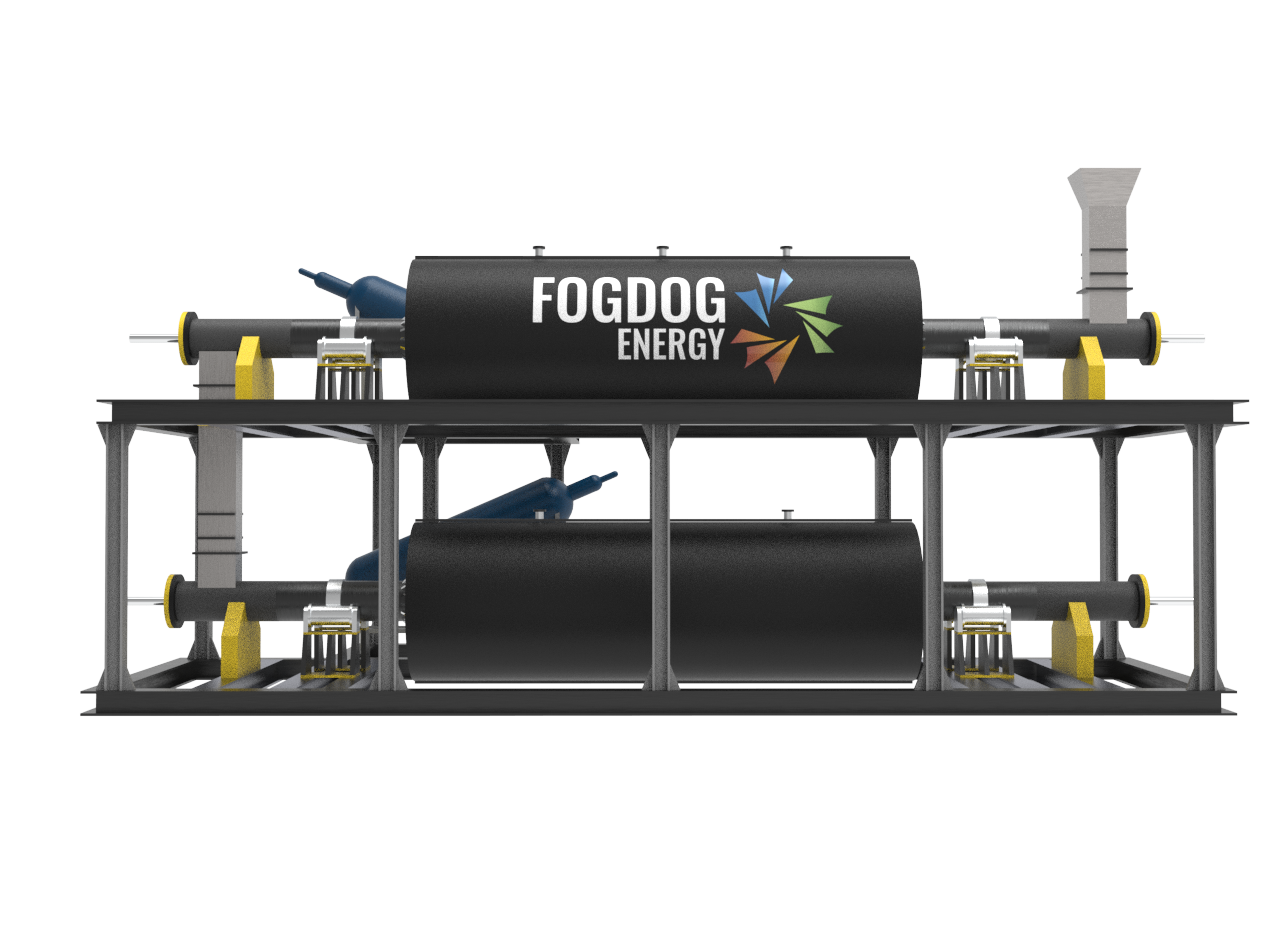30 MILLION TONNES
PER YEAR OF WASTE NOT IN A LANDFILL WOULD LOWER THE CLIMATE CHANGE TEMPERATURE ABOVE CANADA BY



Our system can treat all forms of MSW, such as plastic, metal, glass, organics, bottles, paper, cardboard, clothes and textiles, wood, and electronic devices.

The Systems can also process all types of medical waste including pharmaceuticals, sharp objects, needles, disposable lancets, blood, cannabis anatomical parts.
‘Waste’ does not exist in nature. Ecological systems continually recycle water, minerals, and nutrients through an interplay between sunlight energy, primary producers (e.g., plants), consumers (e.g., animals) and decomposers (e.g., bacteria). A recent
study states that Canadians produce more garbage per capita than any other country on earth, Canadians generate approximately 31 million tonnes of garbage a year (and only recycle about 30 per cent of that material). Thus,
each Canadian generates approximately 2.7 kg of garbage each day.
Our Solution involves implementing The Catalytic Oxygen-Free Waste Decomposition (CODE) System which will substantially reduce
the risks and costs associated with legacy waste systems currently being used.
The Catalytic Oxygen-Free Waste Decomposition (CODE) System is designed for the treatment of almost any type of waste. It converts Municipal Solid Waste (MSW), Sewage, Plastics and Medical Waste to different forms
of energy such as Hydrogen, Diesel, Gasoline, Jet Fuel, and other variations. An additional by-product produced is Carbon Black.

Tokenization is the process of exchanging sensitive data for non-sensitive data called "tokens" that can be used in a database or internal system without bringing it into scope.
Although the tokens are unrelated values, they retain certain elements of the original data—commonly length or format—so they can be used for uninterrupted business operations. The original sensitive data is then safely stored outside of the organization's internal systems.
Unlike encrypted data, tokenized data is undecipherable and irreversible. This distinction is important because there is no mathematical relationship between the token and its original number, tokens cannot be returned to their original form without the presence of additional, separately stored data. As a result, a breach of a tokenized environment will not compromise the original sensitive data.
This digitization allows us to maintain full transparency of data and being to create a token that can carry a value.
Tokenized assets can be designed to be freely exchangeable online and allow investors to acquire fractional ownership of a token’s underlying asset. As a result, crypto tokens can both contribute to the liquidity of existing markets and provide a broader range of investment opportunities to more investors.